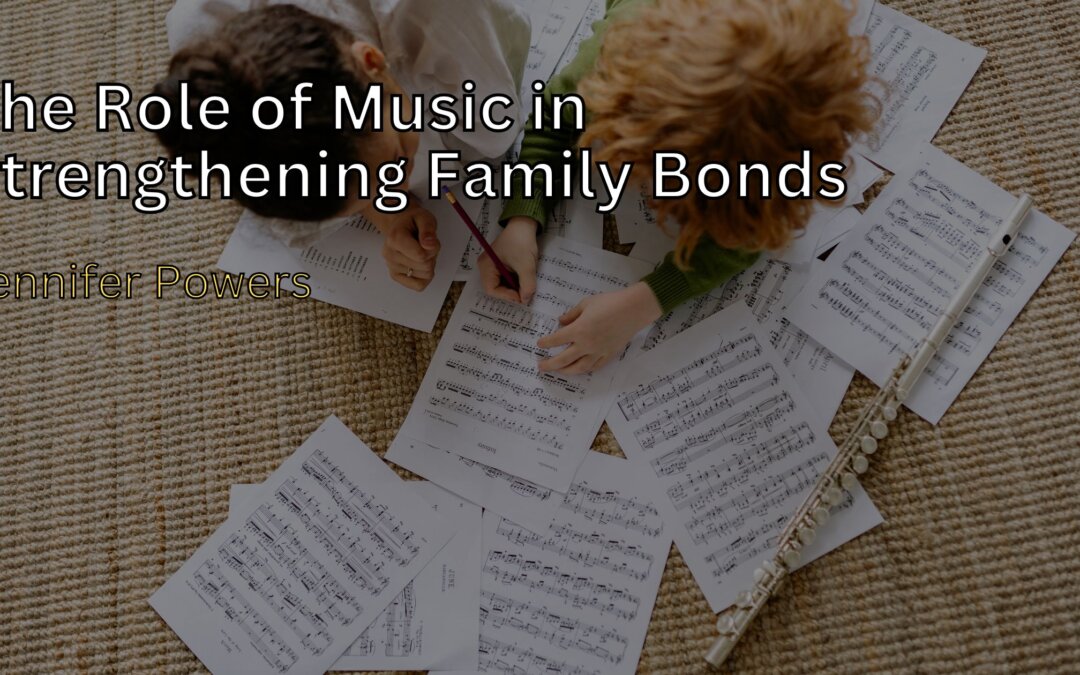Music has a unique power to connect people, transcending barriers of age, culture, and personal preferences. Within families, it acts as a universal language, fostering understanding, joy, and togetherness. When used intentionally, music can play a pivotal role in strengthening family bonds, creating cherished memories, and deepening relationships.
Shared Experiences and Traditions
Families often build traditions around music, whether it’s singing carols during the holidays, dancing together at celebrations, or sharing a favorite playlist on road trips. These shared experiences create a sense of unity, reinforcing family identity. Over time, such musical moments become treasured memories, providing a foundation for familial closeness.
Bridging Generational Gaps
Music has a remarkable ability to bridge generational gaps. Parents can introduce children to classics from their youth, while kids share contemporary hits with their elders. These exchanges foster mutual understanding and appreciation, breaking down generational divides. Grandparents, parents, and children can bond over timeless genres like jazz, rock, or folk, discovering common ground through melodies and lyrics.
Emotional Expression and Connection
Music provides an outlet for emotional expression, helping family members articulate feelings they might struggle to put into words. Listening to or playing music together creates opportunities for connection on a deeper emotional level. A heartfelt ballad can inspire empathy, while upbeat tunes can uplift spirits during tough times.
Collaborative Music-Making
Engaging in musical activities as a family—whether singing, playing instruments, or composing songs—can foster teamwork and creativity. These collaborative efforts teach important skills like listening, compromising, and celebrating each other’s contributions. Moreover, creating music together builds a sense of accomplishment and reinforces family ties through shared goals.
Stress Relief and Relaxation
In today’s fast-paced world, stress often disrupts family harmony. Music serves as a natural stress reliever, calming the mind and body. Families can unwind together with soothing playlists, meditate to ambient sounds, or dance away tensions to lively rhythms. Such activities create a peaceful and joyful atmosphere, enhancing overall family dynamics.
Cultural Exploration and Identity
Music allows families to explore their cultural heritage and discover new traditions. Listening to songs in ancestral languages or participating in cultural festivals fosters a sense of pride and belonging. At the same time, exploring diverse musical styles from around the world broadens perspectives, teaching values of inclusivity and respect within the family.
Music is much more than entertainment; it is a tool for fostering connection, understanding, and joy. By integrating music into daily life, families can create stronger, more meaningful bonds. Whether through shared traditions, collaborative music-making, or simply enjoying a favorite song together, music has the power to bring families closer and nurture relationships for years to come.
